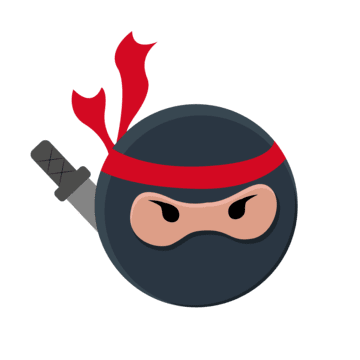A Better Memory Bank
As my projects grow and evolve, I've come to realize that a simple snapshot of the "current state" isn't always enough. To truly understand a project's journey—the why behind the what—you need context. You need history. My original Memory Bank was great for telling me where I was, but it wasn't so great at telling me how I got there. That's why I decided it was time for an upgrade.
The Problem with a Timeless Memory
My initial Memory Bank was effective, but it lacked a crucial dimension: time. It could tell me what the system looked like now, but it couldn't easily answer questions like:
- When was this decision made?
- What was the state of the project last week?
- How has this component evolved over the last month?
Without this temporal context, I was losing valuable insights. I needed a way to track changes, decisions, and progress over time, without losing the clarity of the original system.
Introducing the Time-Aware Memory Bank
Inspired by the excellent documentation on the Cline website, I developed a new, time-aware prompt to enhance my Memory Bank. This new approach doesn't just capture the present; it records the past.
Here's the core of the new system
The changelog.md: A Project's Diary
The most significant addition is changelog.md. It's exactly what it sounds like: a traditional, chronological log of all meaningful changes. Every time I make a significant update, fix a bug, or add a new feature, it gets an entry. This file serves as the project's diary, allowing me to look back and see the precise evolution of the codebase.
The activeContext.md file now acts as a "short-term memory," keeping track of only the last ten events. This keeps it focused and relevant to the immediate task at hand, while the changelog.md preserves the long-term history.
Why This Matters
This new, time-aware approach to my Memory Bank has been a game-changer. It provides the historical context I was missing, making it easier to understand not just what the code does, but why it does it that way. It's a small change, but it has profound implications for how I learn, grow, and build upon my past work. It's a better memory, for a better development process.
